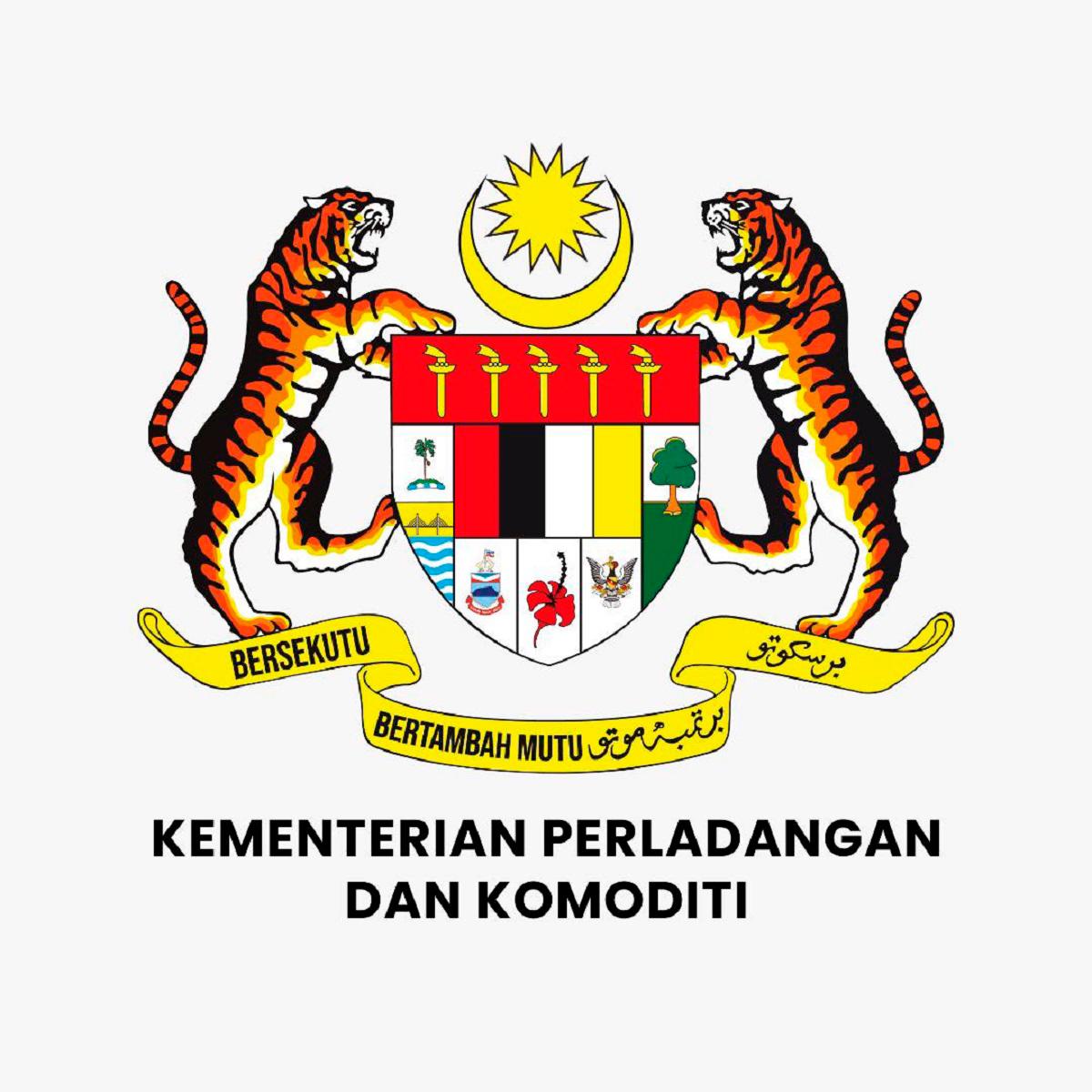KUALA LUMPUR: The Ministry of Plantation and Commodities (KPK) will hold an engagement session with palm oil industry stakeholders on July 3, said Deputy Minister of Plantation and Commodities, Datuk Chan Fong Hin.
He said the purpose of this meeting is to address various concerns regarding the implementation of the Sales and Service Tax (SST), especially about the interpretation of final products.
“The session is important to ensure that all parties within the relevant sectors have a clearer understanding of the actual impact of SST on the supply chain and commodity production.
“They have engaged in discussions with the Ministry of Finance, but some issues remain unresolved. Therefore, the ministry has decided to intervene and assist stakeholders in gaining a clearer understanding of the actual situation they are facing on the ground,” Chan told Bernama after officiating the Food & Drinks Malaysia (FDM) 2025 exhibition here today.
Chan said the confusion surrounding the interpretation of final products stems from situations where products from one factory are used as raw materials by another party to produce various goods available in the market.
“The government has no intention of passing the cost on to consumers, but eventually it flows through the supply chain. So, we hope that SST is only imposed on the final product.
“However, problems arise when a so-called final product for one party becomes the raw material for another. So how do we define it?” he said.
Commenting on the Malaysian Rubber Glove Manufacturers Association’s (MARGMA) proposal to postpone the implementation of the 5 per cent SST on natural rubber latex (NR) and nitrile butadiene rubber latex (NBR), Chan said no solution has been found yet, but the ministry welcomes any suggestions to help address the issue.
MARGMA cautioned that the implementation of the SST would have a cascading impact on the entire domestic rubber industry ecosystem, including affecting the cash flow of small and medium enterprises (SMEs), slowing down innovation, and undermining Malaysia’s position as a global glove manufacturing hub.
Cocoa Industry Development
In his speech at the event, Chan said the world is currently facing a global shortage of cocoa beans, and the growing demand for sustainable and traceable cocoa is reshaping the industry — a challenge that Malaysia is ready to take on.
“We are now actively reviving cocoa plantation development, led by the Malaysian Cocoa Board, to boost land area and upstream bean production.
“This initiative is already underway, and we invite investors, cooperatives, and plantation players — both domestic and international — to join this national drive,” he said.
Chan noted that Malaysia is also shifting its focus to premium cocoa varieties, including fine-flavour beans, single-origin selections, and organic options to meet niche global demands and position Malaysian chocolate at the high end of the value chain.









